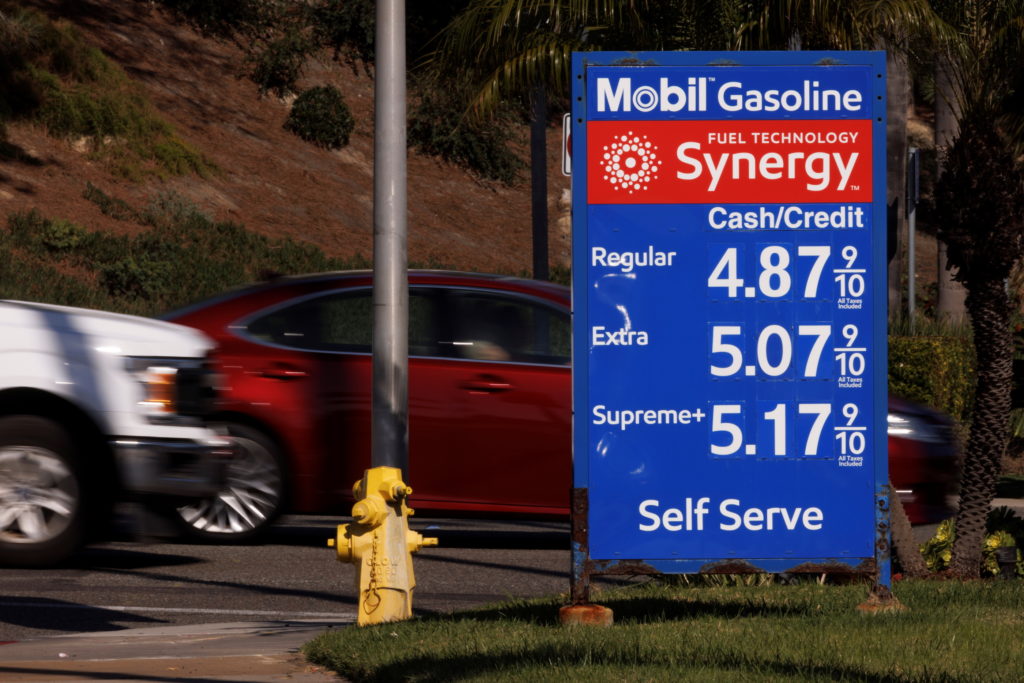Catherine Rampell:
Well, if I knew the answer to that question, I would be a very wealthy woman. Unfortunately, we don’t know.
There’s a lot of uncertainty. I mean, there’s always uncertainty, right, with any sort of economic prediction, but especially right now, because the answer to that question is contingent on the path of the pandemic, whether various countries around the world can get adequately vaccinated and get people back to work, not just here, but in poorer countries where they don’t have adequate vaccine supply.
And that’s disrupting their economy and their supply chain there. And it depends, of course, on consumer expectations. So there are these very real, tangible reasons that might lead to upward price pressure, things like there aren’t workers available to make the things that people want to purchase.
But there’s also sort of a fuzzier psychological aspect to all of this. How much do people expect that prices will increase? And that’s the scary part, right? As long as everybody believes that the price pressures are caused by these temporary bottlenecks, that they will be transitory, they can be transitory.
But at the point that everybody looks around and sees prices increasing and says, maybe I should preemptively raise my prices too, that’s where it becomes a self-fulfilling prophecy. And that’s the state of the world we don’t want to get in that the Fed is much — would be much more concerned about.
And that’s why they keep emphasizing, this is transitory, this is temporary, this is caused by the pandemic amidst other kinds of factors, and, if things get worse, we will step in before those inflation expectations get unanchored.













































